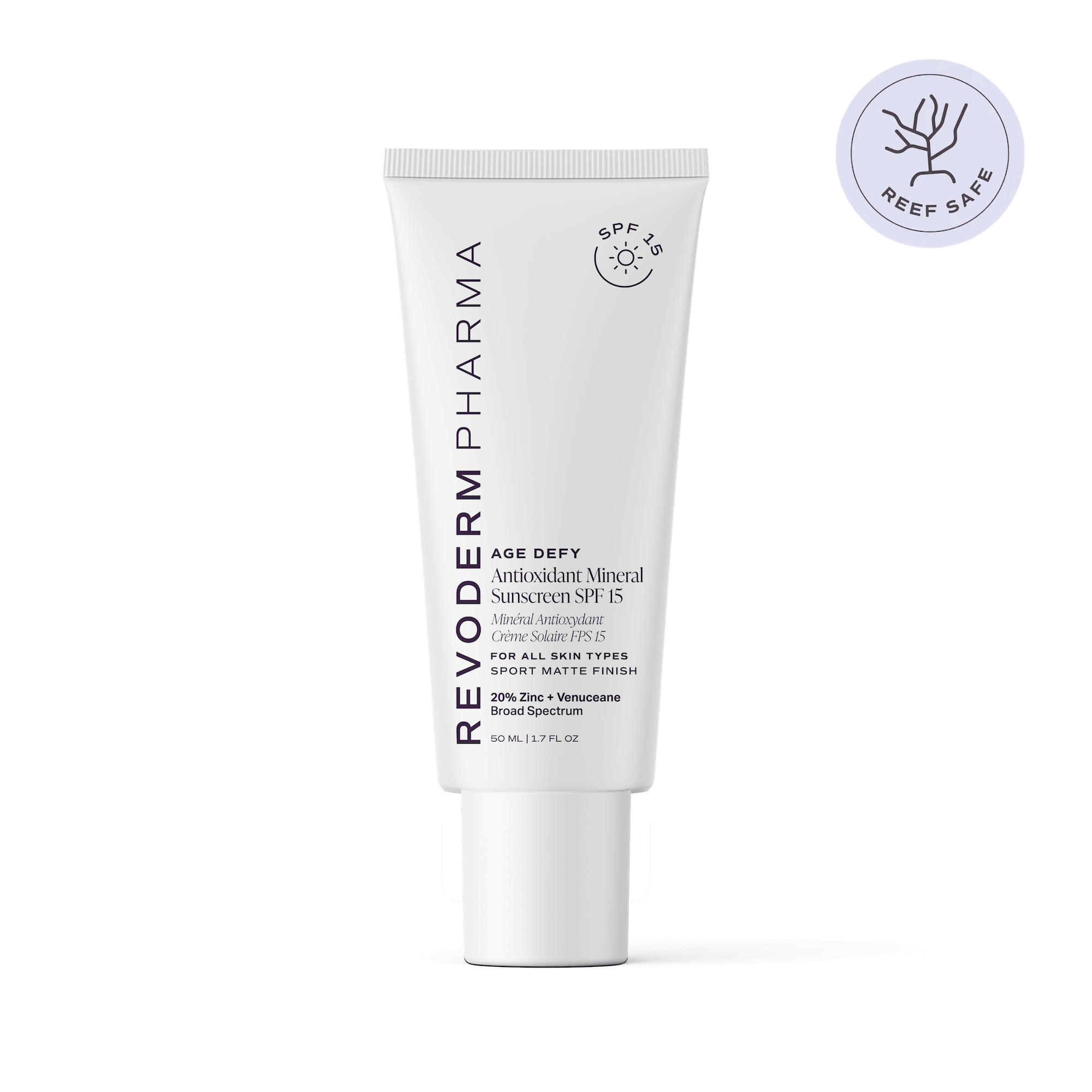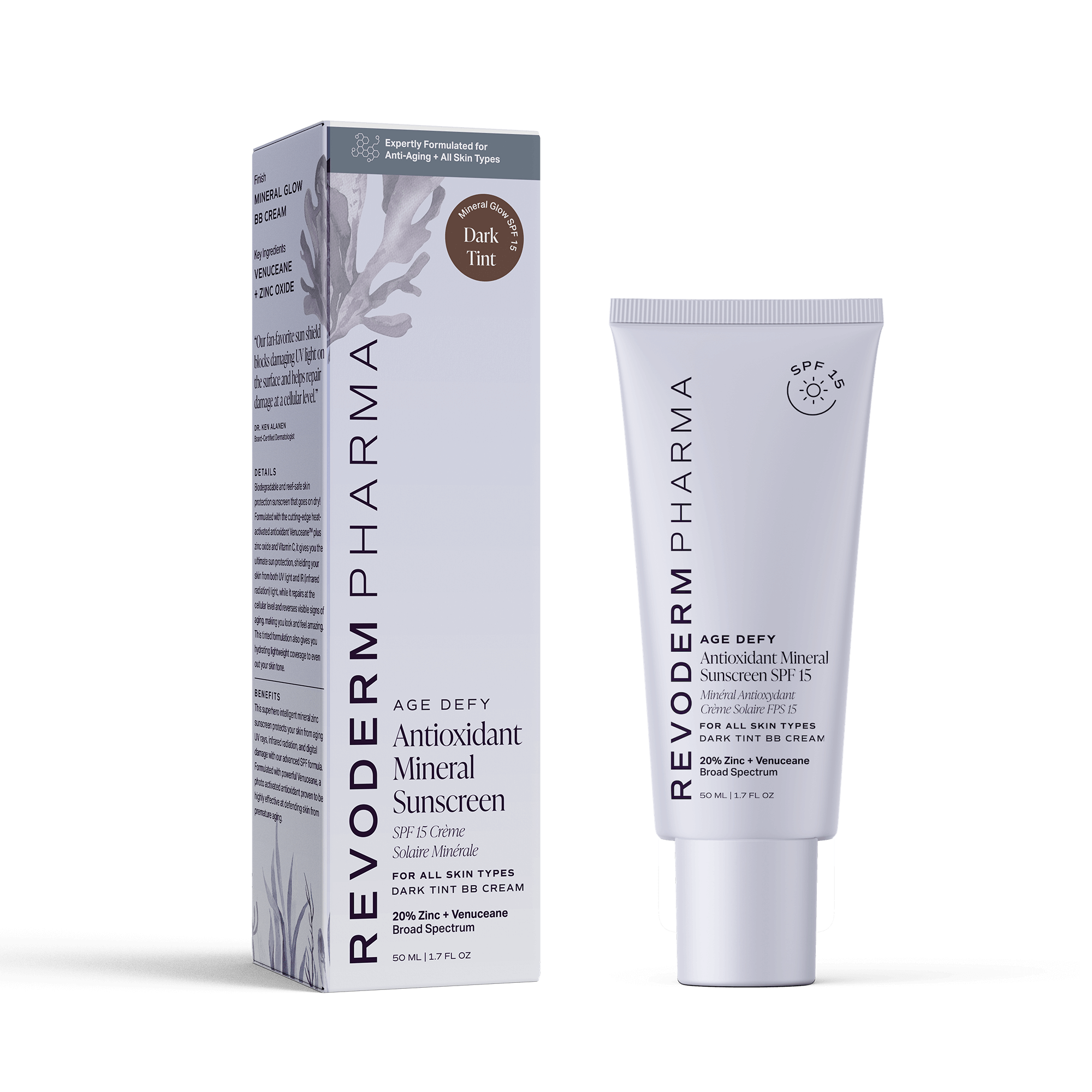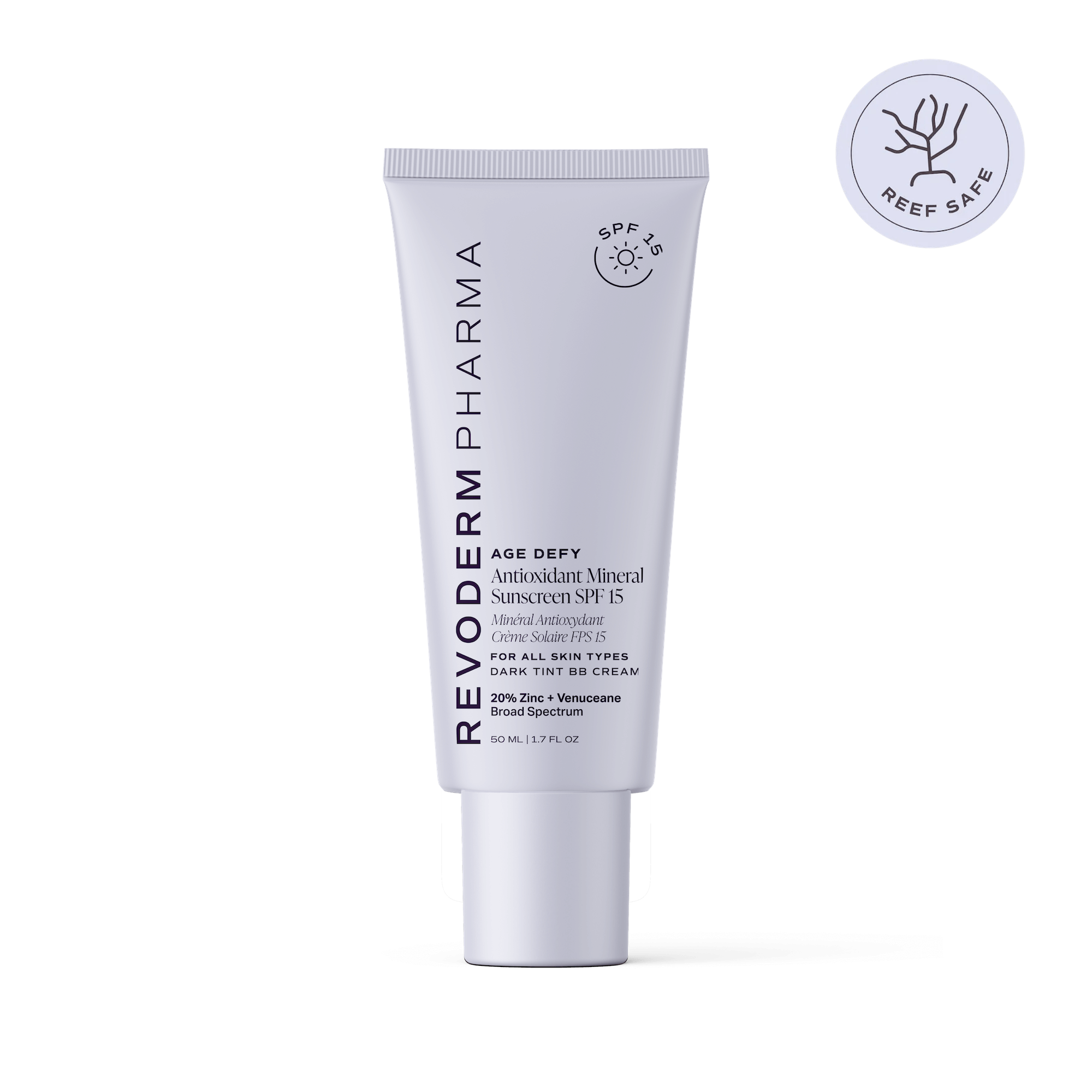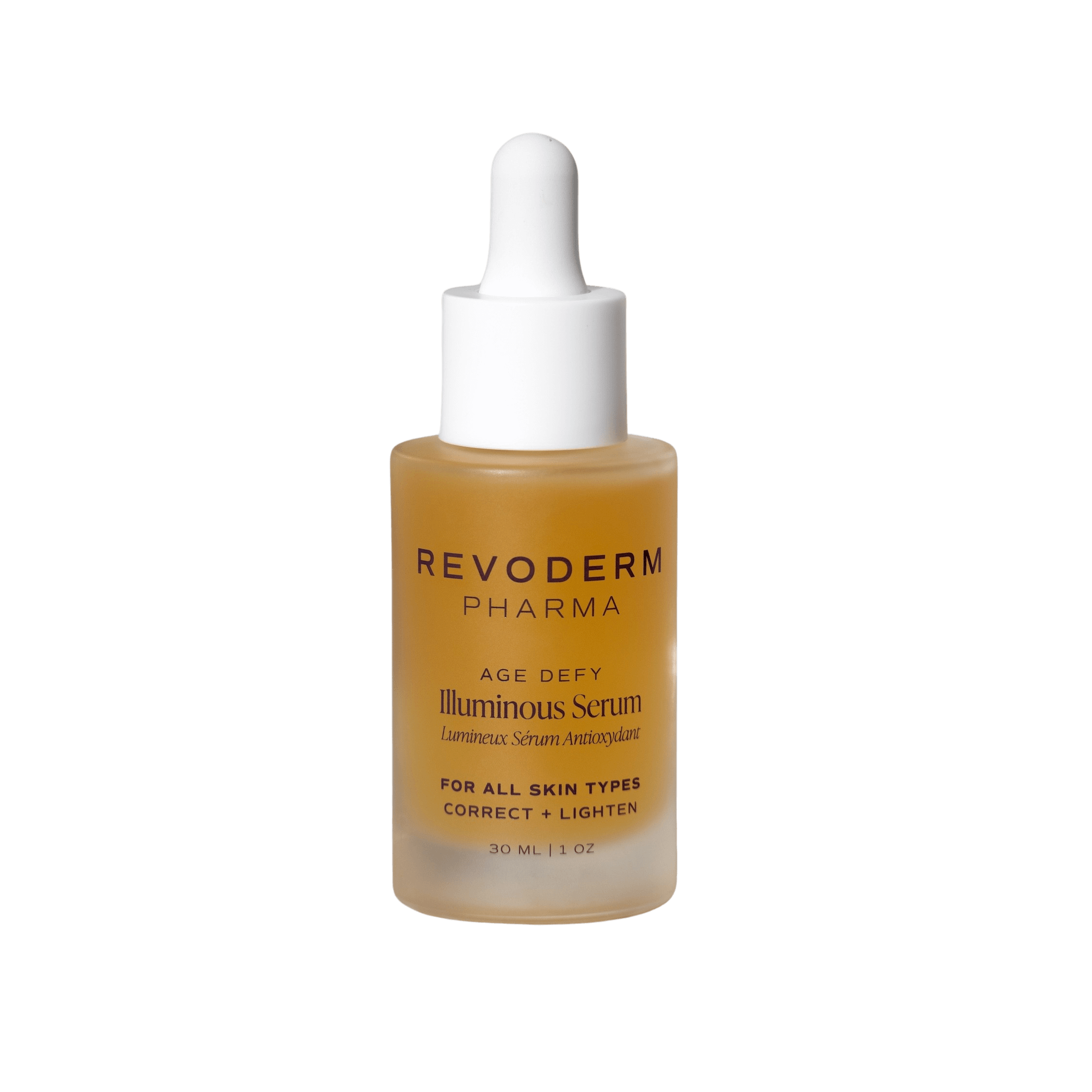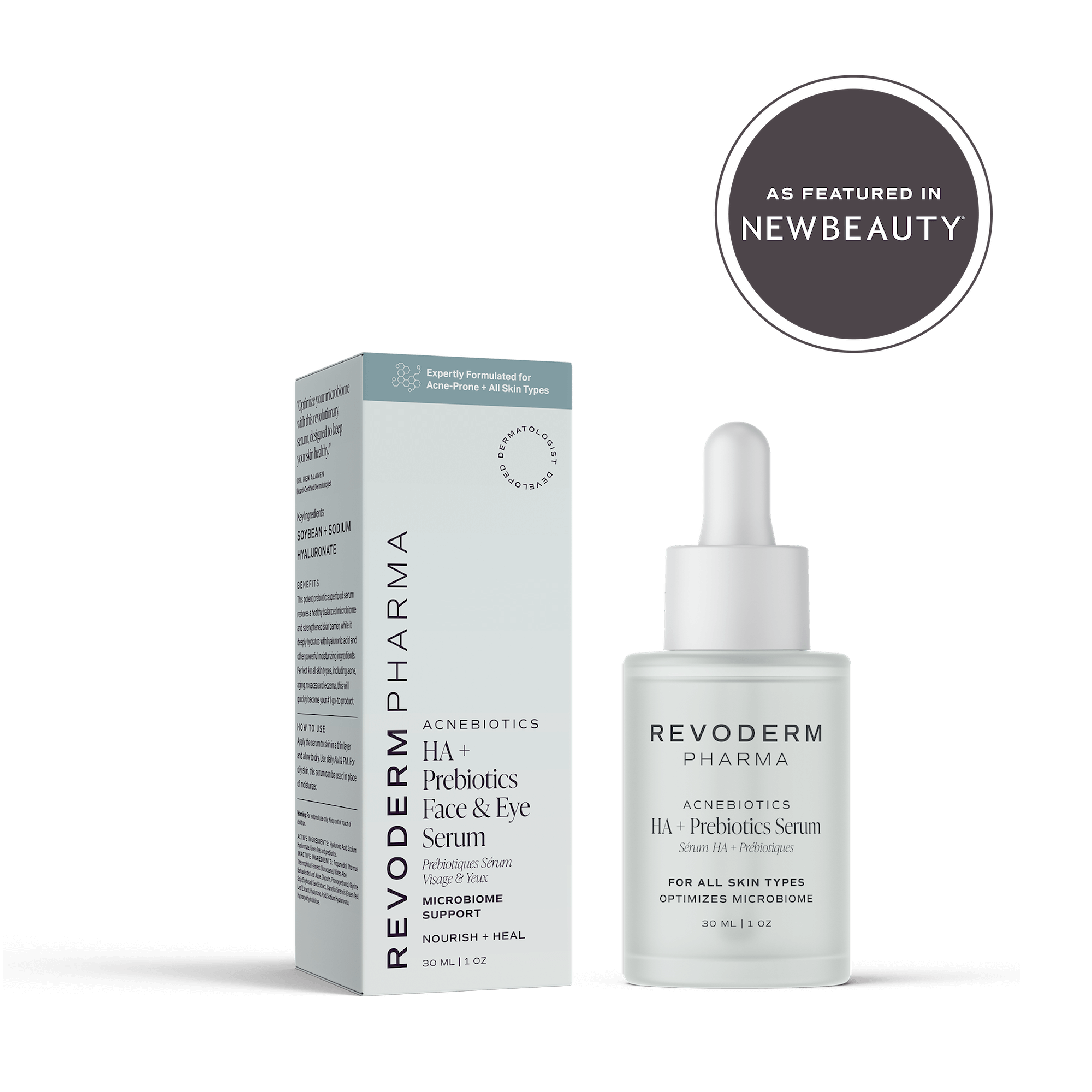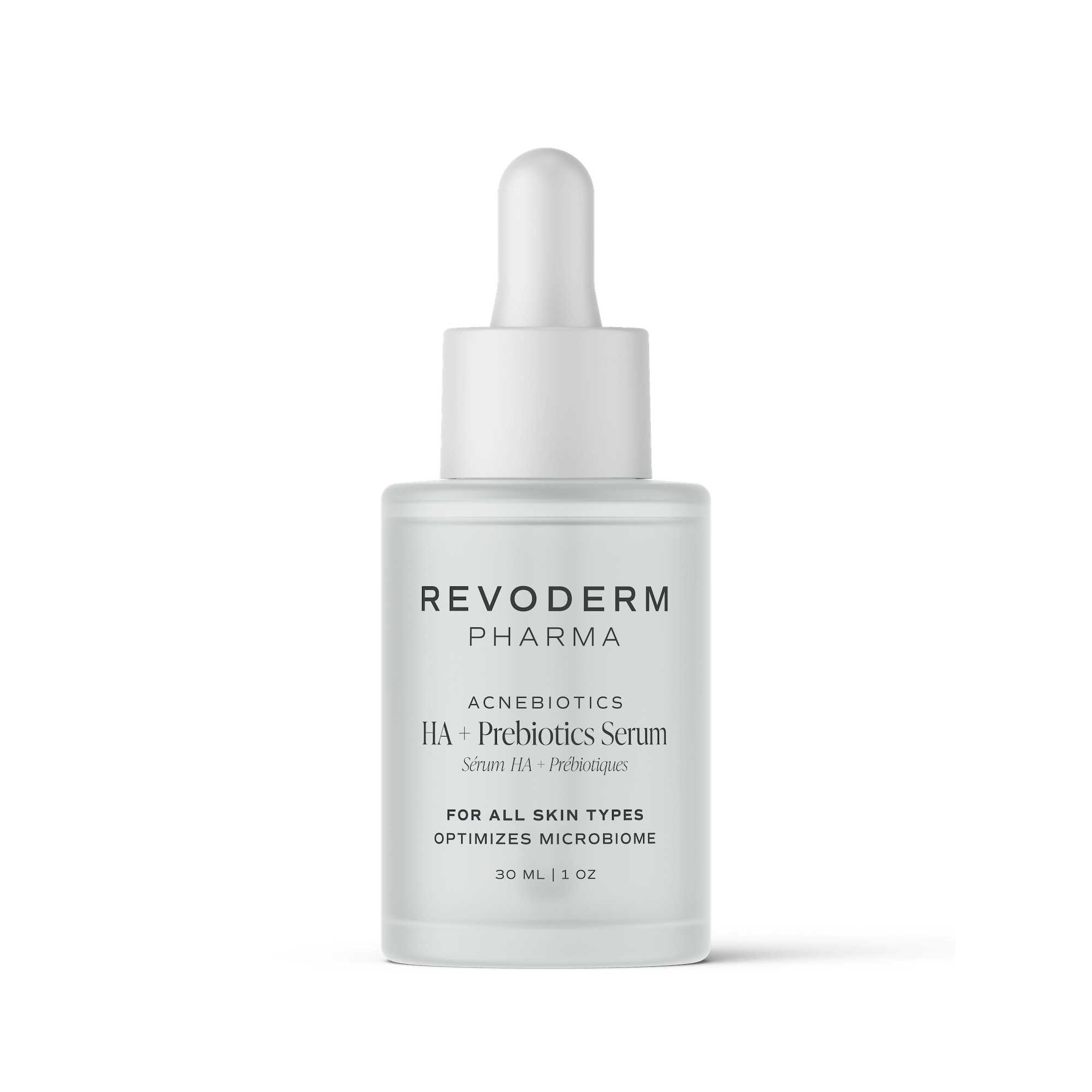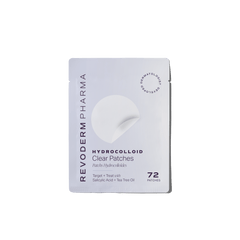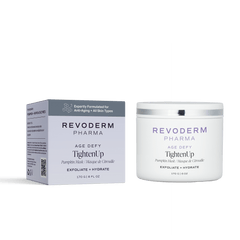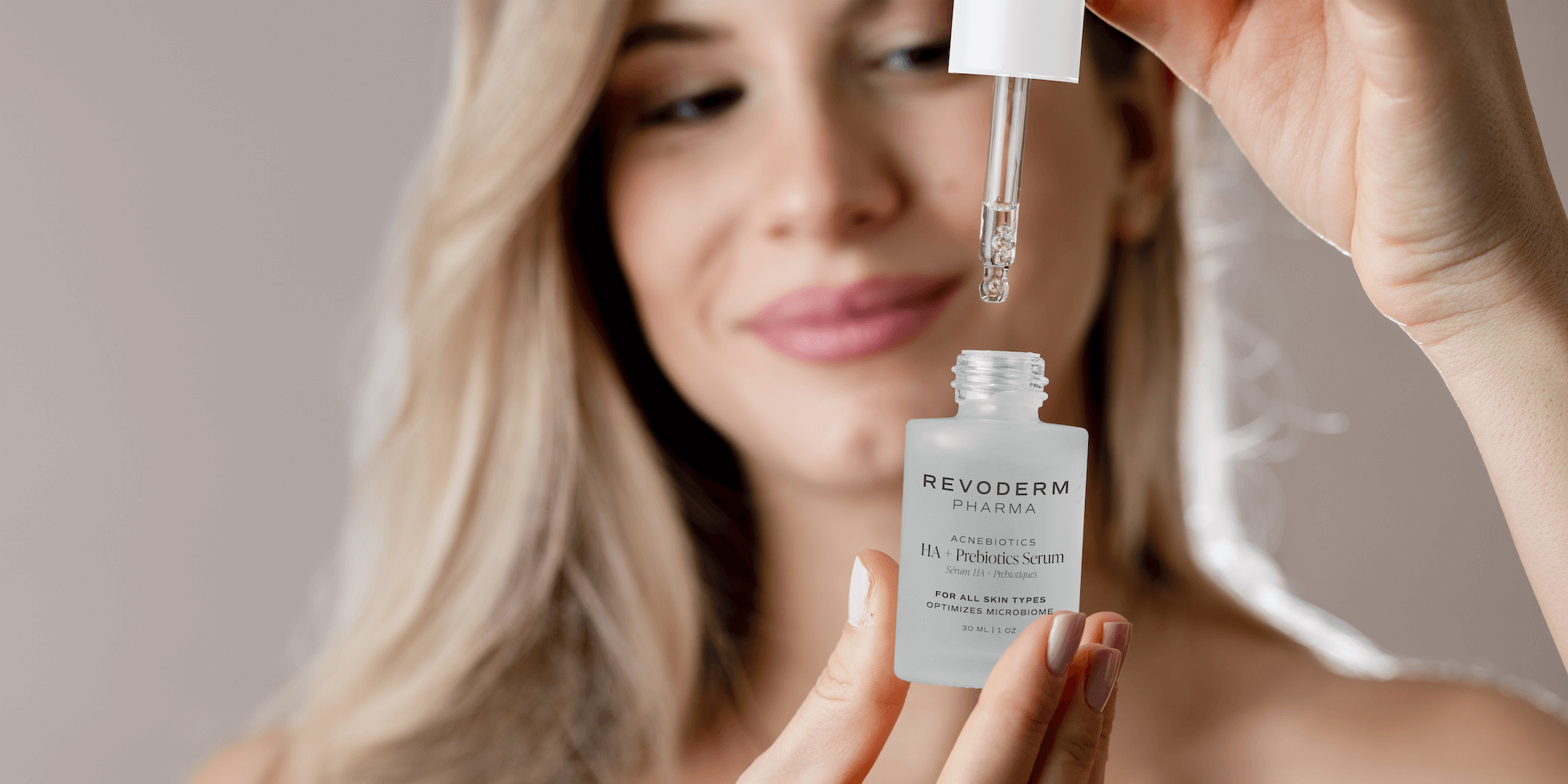Hyaluronic acid (HA) is a normal body molecule, found in most tissues, in fact. In the skin, it is most abundant in the dermis.
by Ildiko Juhasz and Dr. Ken Alanen
What is hyaluronic acid ?
Hyaluronic acid (HA) is a normal body molecule, found in most tissues, in fact. In the skin, it is most abundant in the dermis. HA is a natural “cushioning” molecule and it also acts as a natural antioxidant. In addition, Hyaluronic acid is involved in normal tissue regeneration. In the skin, deep HA provides natural volume and within the skin surface, HA helps the skin retain normal moisture and texture, given its remarkable property for binding water molecules. Because HA is a “normal” body molecule, it is not surprising to hear that it is safe in pregnancy.
Is Hyaluronic Acid Worth The Hype ? Is It Good For Skin ?
It is absolutely worth the hype and yes, hyaluronic acid is good for the skin. HA injections and topical creams and serums are merely replacing what HA that has been lost over time. Hyaluronic acid is not in the strict sense of the term a “moisturizer” but it is a “humectant”. Humectants are molecules which hydrate in the primary sense of the term but they also absorb water; they keep the moisture (and any moisturizer that you apply) in your skin longer. When you think of Hyaluronic acid think “mother nature’s skin sponge”, and you’ll get the idea. In fact, hyaluronic acid molecules can absorb water up to one thousand times their weight. Much of my dermatology career has been spent in dry climates (Colorado and Alberta) and practically all of the patients that I see in these harsh dry locations benefit from HA, particularly in the winter.

Can Hyaluronic Acid Be Used For Antiaging?
Yes indeed. Hyaluronic acid is one of the many molecules that is made in smaller and smaller quantities the older a person gets. If you are even remotely considering an HA injection for deep tissue folds, you will almost certainly benefit from Intense Hydration Serum. This helps neutralize the harmful free radicals which are generated in your skin as part of inevitable daily encounters with pollutants and irritants. Plus, by helping with water retention, the skin regains its youthful, supple appearance. For practically everything that you “do” to improve your skin (laser, microneedling, chemical peels, filler injection), Hyaluronic acid serum helps maintain the benefits of these procedures. Not only will your skin look better, you will be protecting your cosmetic investment.
Can Hyaluronic Acid Be Used For Acne ?
Absolutely yes. Hyaluronic acid is almost always an ideal part of an acne regimen. We have a very busy acne practice in our clinic and we live in a cold try climate – the Rocky Mountains; this is the ideal “proving ground” for hyaluronic acid. The Revoderm Intense Hydration Serum is NOT comedogenic as the main active ingredient is sodium hylauronate, formulated to be big enough to hold water (lots of it) but small enough so that it does not clog pores. Consider that practically all acne topical therapy (be it prescriptions, topical retinol creams, benzoyl peroxides etc) dry out the skin, sometimes dramatically so. The body responds by making more oil and by extension, more pimples. Revoderm Intense Hydration Serum mitigates these risks and can help maintain skin in an acne free state.
Can Hyaluronic Acid Be Used For Sensitive Skin?
Another yes. The term “sensitive skin”, reflects a defective epidermal barrier. In practical terms , this means that the allergens, irritants and environmental pollutants can get though more easily than intact skin and this appears as redness, itch and scale as well as flare of allergy. Revoderm Intense Hydration Serum seals off this epidermal defect - a “crazy glue” for skin so that the fire in the epidermis can subside.
Can Hyaluronic Acid Be Used For Dry Skin And Eczema ?
You bet. The driest skin I’ve encountered is in the Rocky Mountains and it is a constant battle for us here at Revoderm as well as for our patients. As you likely imagine, sealing off a defective epidermis (which is the major reason why a person develops eczema) can calm down the skin and minimize the need for topical steroids (cortisones). This is a highly desirable property; consider that steroids are effective to treat inflammation and redness, but they cause skin thinning (as well as pimples) and they should therefore be used as little as possible. Intense Hydration Serum is a very important part of our eczema treatment regimen.
Hyaluronic Acid For Rosacea
By definition, rosacea (redness and capillaries of the face) is associated with a poorly understood dysfunction of the epidermal barrier. It has been the experience of us and others that epidermal barrier restoration with hyaluronic acid helps control this condition. Sodium hyaluronate serum (Revoderm Intense Hydrating Serum) is typically part of our rosacea skin care routine. In fact, some patients can use this agent alone to hold their rosacea in remission.
Hyaluronic Acid: The Ultimate Cosmetic Filler
Hyaluronic acid became very well known to the public almost twenty years ago when it became available as a no-downtime wrinkle therapy (Restylane was one of the very first; Juvederm and Teosyal are other well know products). Most dermatologists (myself included) love HA fillers as they are natural and they break down slowly (and the normal enzyme hyaluronidase can be used to “erase” hyaluronic acid injections if necessary). They provide deep soft tissue augmentation and are most commonly used for volume restoration of the central face.
Is Hyaluronic Acid Better Than Botox ?
This is a very common question (I get it almost every day, in fact). It’s a case of apples vs. oranges. Botox and other neuromodulators are muscle relaxants (and thus they work well for treating muscle-induced wrinkles of the forehead, upper nose / glabella area and beside the eyes. The mid face wrinkles that come with time are caused mostly by volume loss, not muscle over-activity. I commonly tell people: “over time, a grape becomes a raisin. Fillers reverse that problem, so the raisin becomes the grape”.
Hyaluronic Acid Break Down: A Normal Phenomenon, Accelerated By Sunshine
Apart from normal hyaluronidase activity within tissue, ultraviolet light (UV) is the main reason why HA breaks down. Not only does UV break down hyaluronic acid, it also turns on the hyaluronidase enzymes as well as your body’s collagenase and elastase enzymes (which breaks down normal collagen and elastase). Zinc oxide sunscreens help to prevent degradation of hyaluronic acid as well as elastin and collagen; it’s a major reason why the right sunscreen keeps you looking young…..
How Long Does Hyaluronic Acid Last?
This is another very common question. As an injection, HA can last as long as a few months to over a year, depending on the issue that is being treated. Deep soft tissue augmentation of the upper face with thick, extensively cross-linked HA fillers can last as long as two years whereas thin, pliable fillers for lips can be noticeably reduced in several months. Hyaluronic acid serum for the skin needs to be applied daily, however.
Should Hyaluronic Acid Serum Go On First Or Last ?
Ideally, Hyaluronic acid serum goes on last in your skin care regimen. It will prevent excess evaporation of your moisturizer and all of the other ingredients (antioxidants, vitamin C etc.) that you have applied can penetrate deeper into the skin.
Hyaluronic Acid After Microneedling / Hyaluronic Acid After Resurfacing Laser
HA serums are ideal as post-procedure adjunctive therapies. All procedures that cut the skin surface (microneedling, fractional laser, resurfacing laser etc.) cause controlled injury to the with temporary disruption of the barrier function of the skin. HA serums are not surprisingly excellent to accelerate healing. In our own clinic, Revoderm Intense Hydration serum is used on practically all of our patients and clients after these procedures, in fact. It is our experience that healing is accelerated and downtime after laser procedures is minimized.

Hyaluronic Acid Vs Sodium Hyaluronate
In the not too distant past, serums made from hyaluronic acid were quite commonplace, not surprising given their remarkable hydrating qualities. However, HA serums were limited by their very large molecular size, meaning that absorption into the epidermis was limited. However, sodium Hyaluronate is a smaller molecule as compared with Hyaluronic Acid. In that regard, sodium hyaluronate is better for topical skin care products as it is absorbed deeper into the skin (it gets into the superficial dermis, in fact) and it does not block pores. The latter quality is highly desirable as it means that Sodium hyaluronate can be used safely as part of most acne treatment regimens (sodium hyaluronate does not clog pores – it is not comedogenic). Intense Hydrating Serum, one of the lead products of the Revoderm line, is based on purified sodium hyaluronate.
Hyaluronic Acid As A Supplement ? Can It Be Absorbed Orally ?
This is a common question. In short, the answer is no. Hyaluronic acid is a very large molecule. When it is ingested as a supplement (or when you eat it in your food), it is broken down into tiny fragments in the small intestine but it does not spontaneously “reassemble” itself in your body’s tissues. This is the reason why hyaluronic acid must be injected into the skin as a filler or applied as a serum – there is no other way to get the fully formed molecule into the skin.
Where Does Hyaluronic Acid Come From? How Does It Break Down?
It is made within tissues as a physiologic (i.e. normal) phenomenon. Did you know, that you lose one third of your natural hyaluronic acid every single day ? This break down occurs in part from the action of the normal enzyme hyaluronidase. Also, over time, the ability to form HA is reduced as you age. In the skin, hyaluronic acid is depleted with chronic sun exposure. Injectable and topical HA molecules, so very common in the “cosmetic toolkit” of dermatologists are slightly modified so that they last longer in the skin than your body’s own HA.
The Final Word
We believe that Revoderm Intense Hydrating Serum is one of the most important tools for your skin; it should be on the “top shelf” in your medicine chest. It is a potent antioxidant, it is a great free radical scavenger, it seals off your epidermis and yet does not cause pimples or feel heavy, it is easy to use, it is immediately absorbed and provides prolonged hydration, and a little bit goes a long way. Try it today - we are confident that you will love it.
Stay healthy!
Sincerely,
Dr. Ken Alanen

